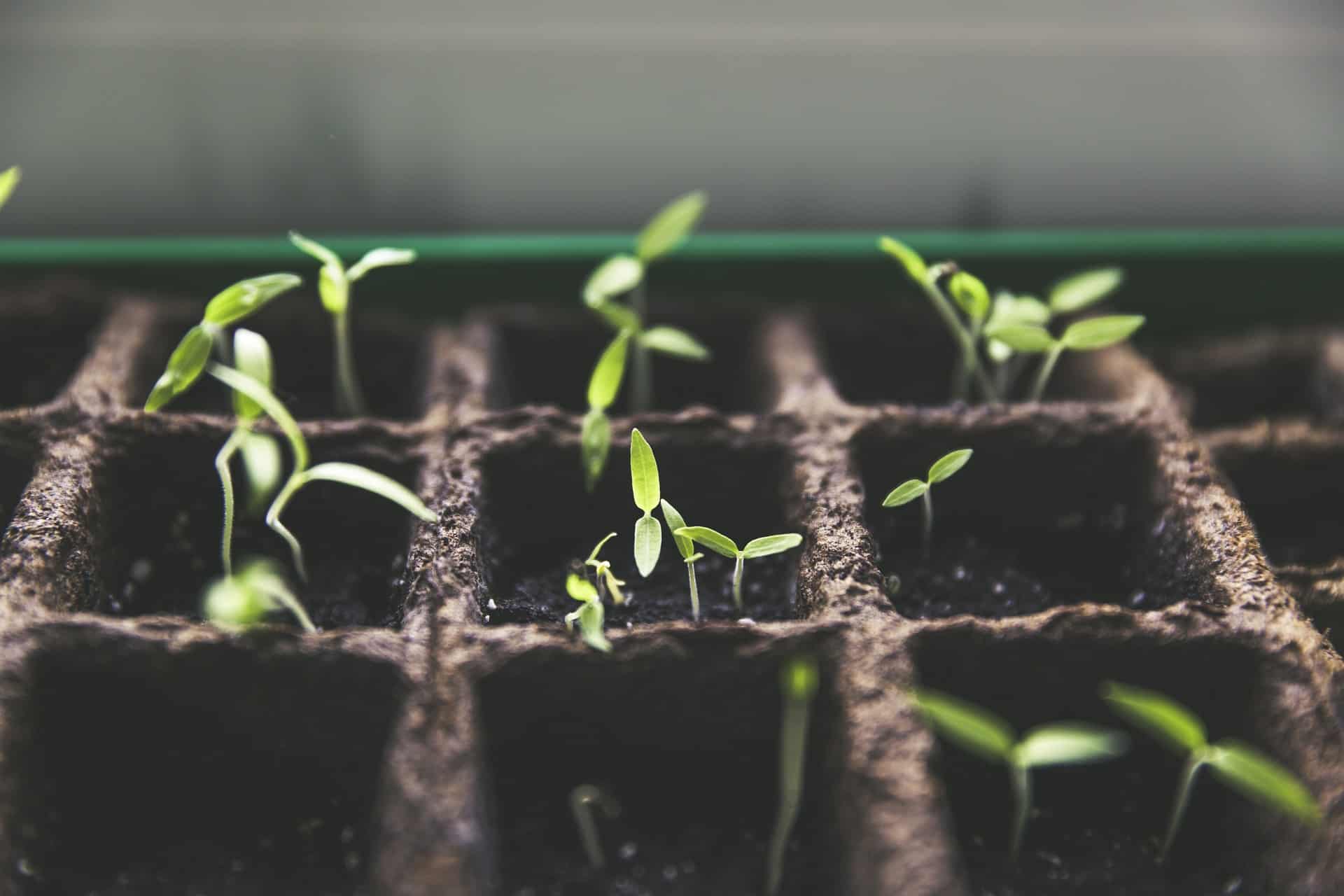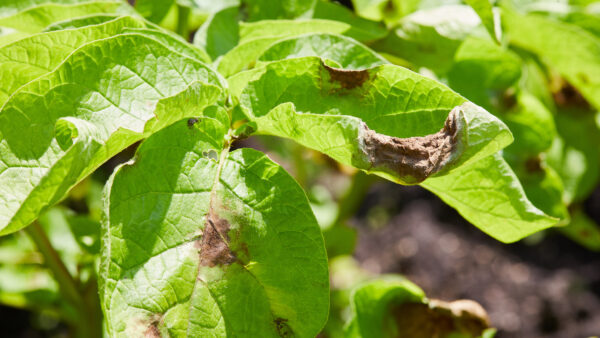Pairwise recently published a paper in Nature Plants to highlight that while improving genetics in specialty crops can be difficult, new breeding techniques, such as gene editing, can help with crop innovation.
“When science cannot distinguish one seedless grape from another, neither should regulation,” state the authors, “Regulation of plants developed through new breeding techniques must ensure societal benefits”.
The piece was co-published by Pairwise researchers with University of Arkansas collaborator, Margaret Worthington in Nature Plants according to a release.
By bringing new varieties, consumers can directly benefit as well. Making produce seedless is a common way to make fruits and vegetables more appealing to the consumer and increase fruit and vegetable consumption.
“In this article, we present a case study on the difficulty of developing a seedless Muscadine variety using traditional methods,” said Dan Jenkins, lead author and vice president for Regulatory and Government Affairs at Pairwise. “We note how the identical seedless grape could be achieved several ways using gene editing and analyze how various regulatory systems treat these identical varieties differently due to a focus on process, rather than product. In doing so, we hoped to illustrate the lack of a rational basis for distinguishing these seedless grapes from one another and the potential downside of these systems.”
In the paper, the authors comment on the negative impact of using a process-based regulation system due to it being confusing. It would also disproportionately impact public-sector breeding programs and smaller-sized companies.
“I think many of us public sector and specialty crop breeders are discouraged from applying these tools in our programs because we are intimidated by the confusing patchwork of regulations around gene editing depending on the country and the specific methodologies employed,” said co-author Margaret Worthington, associate professor of horticulture at the University of Arkansas. “Consistent risk-proportionate regulations around gene editing would encourage more of us to engage in innovative public-private partnerships or build capacity for gene editing within our own programs.”
By investing in specialty crops and utilizing tools like gene editing, the authors believe societal challenges could also be addressed, like the current dietary crisis.
Read the published article here.











